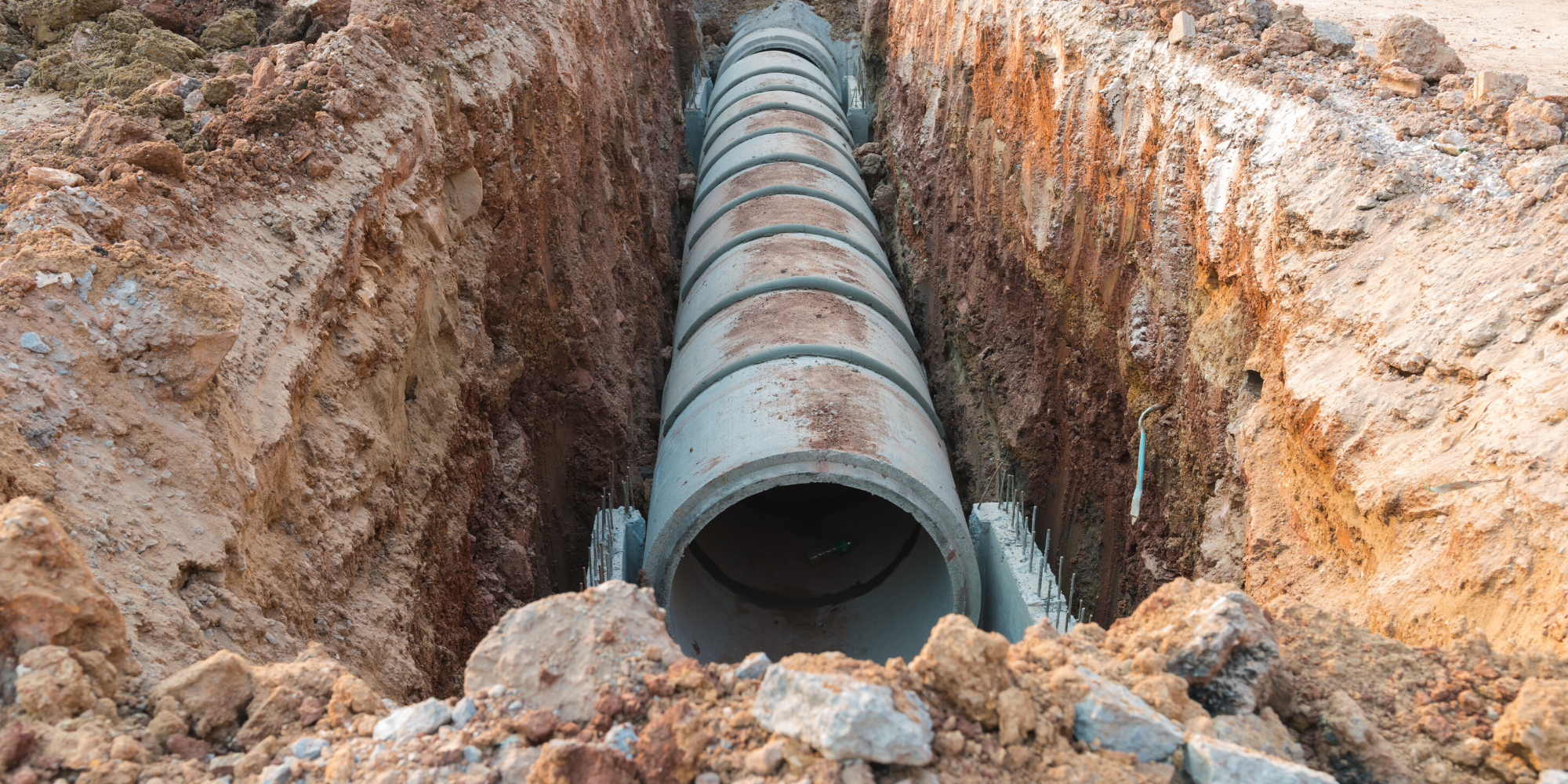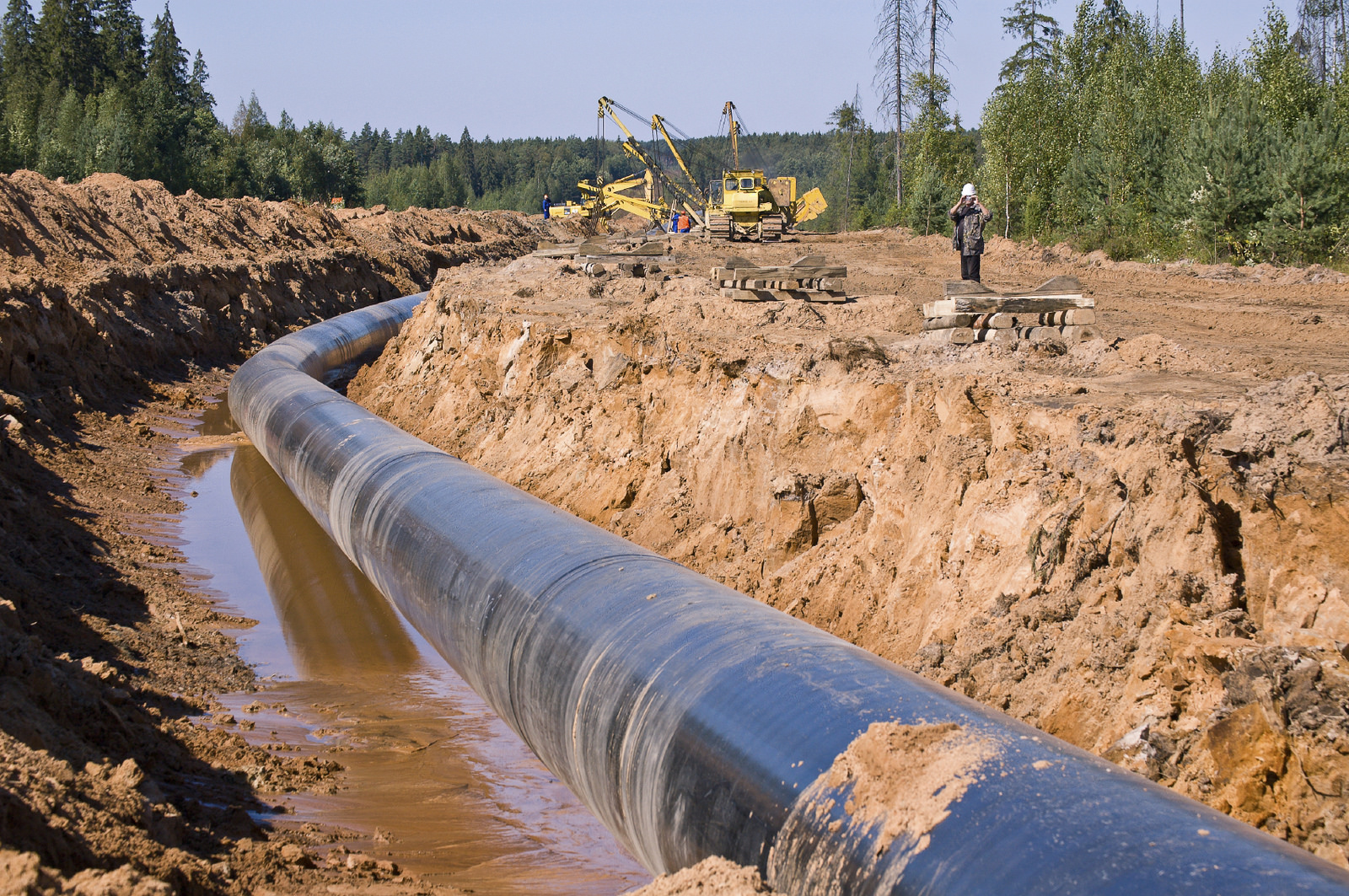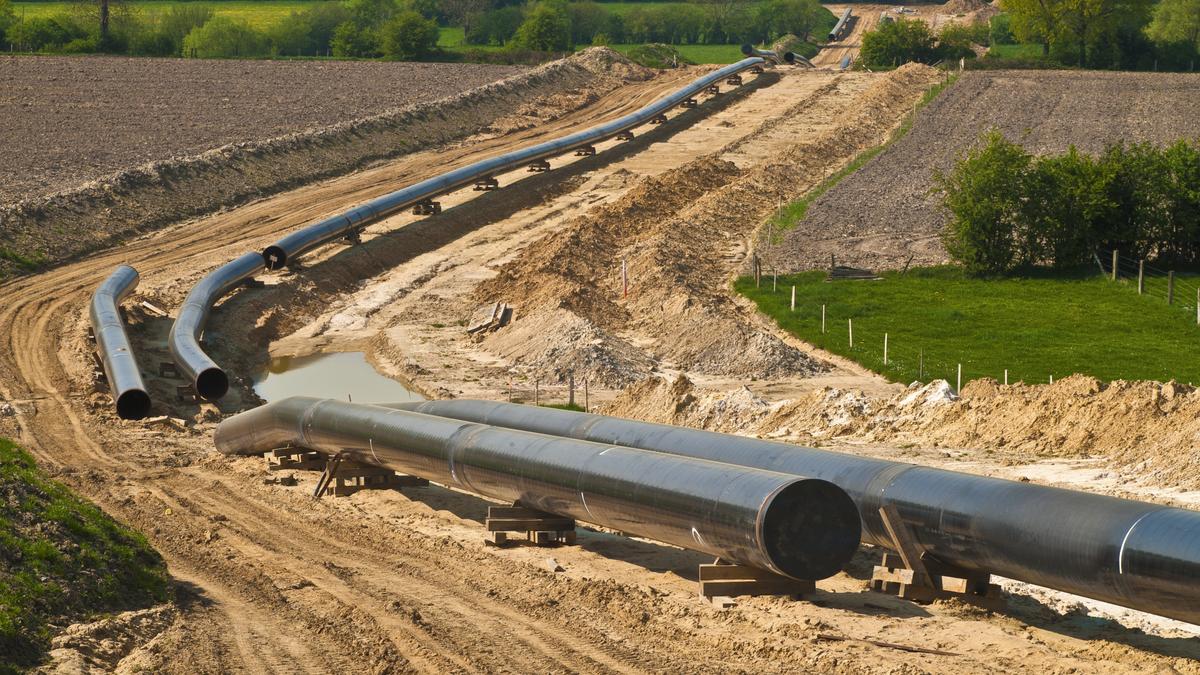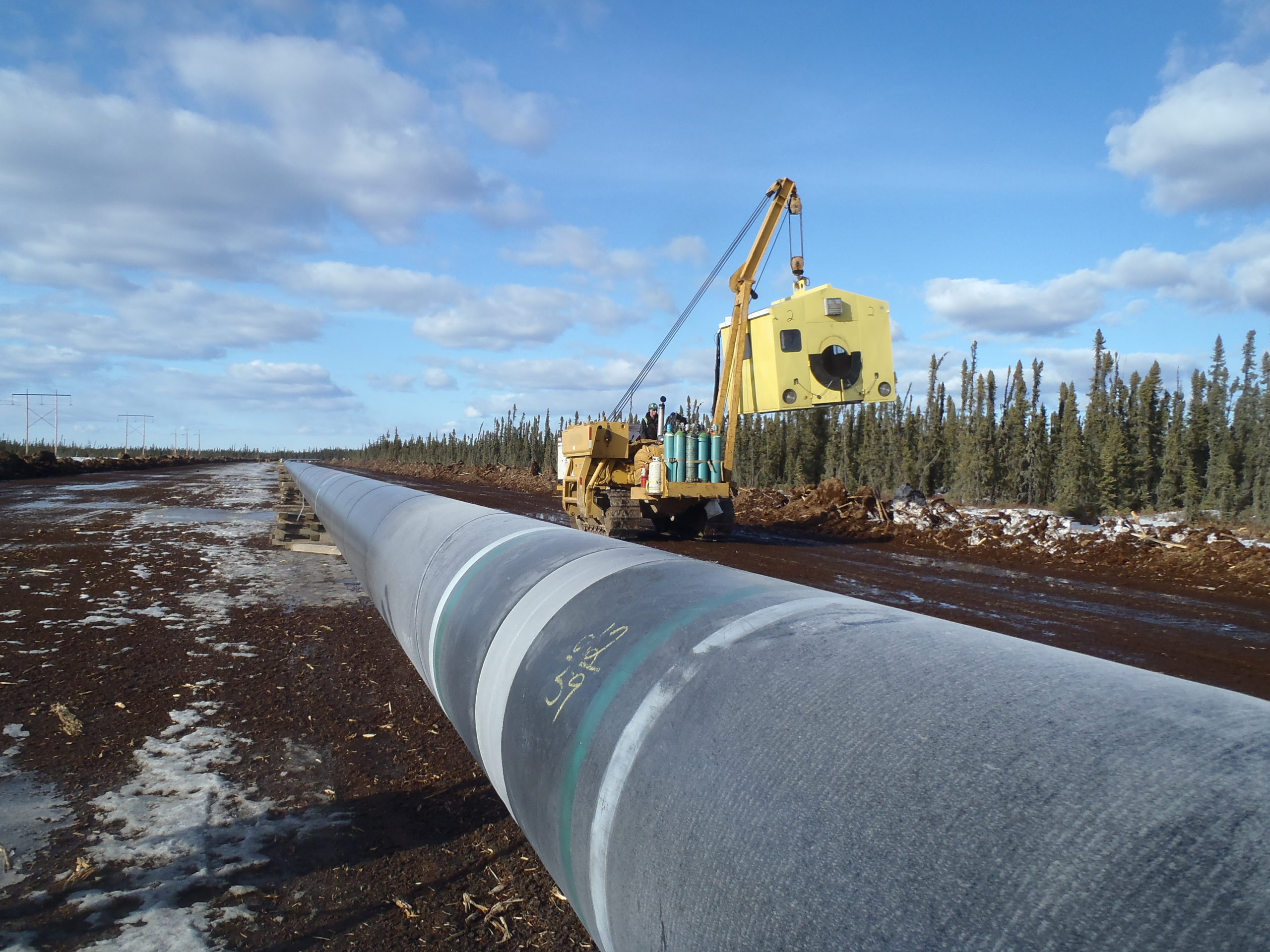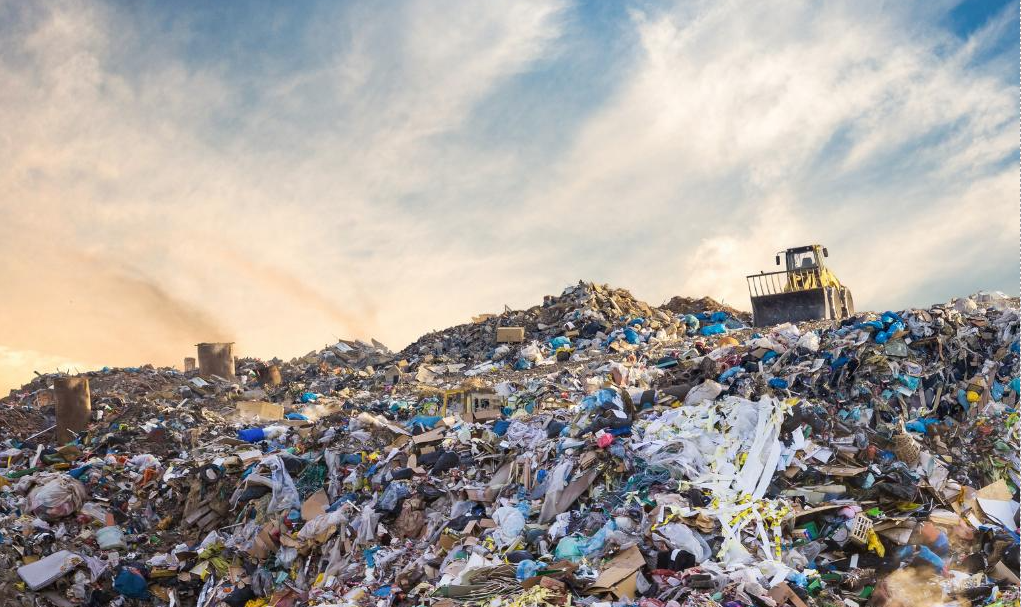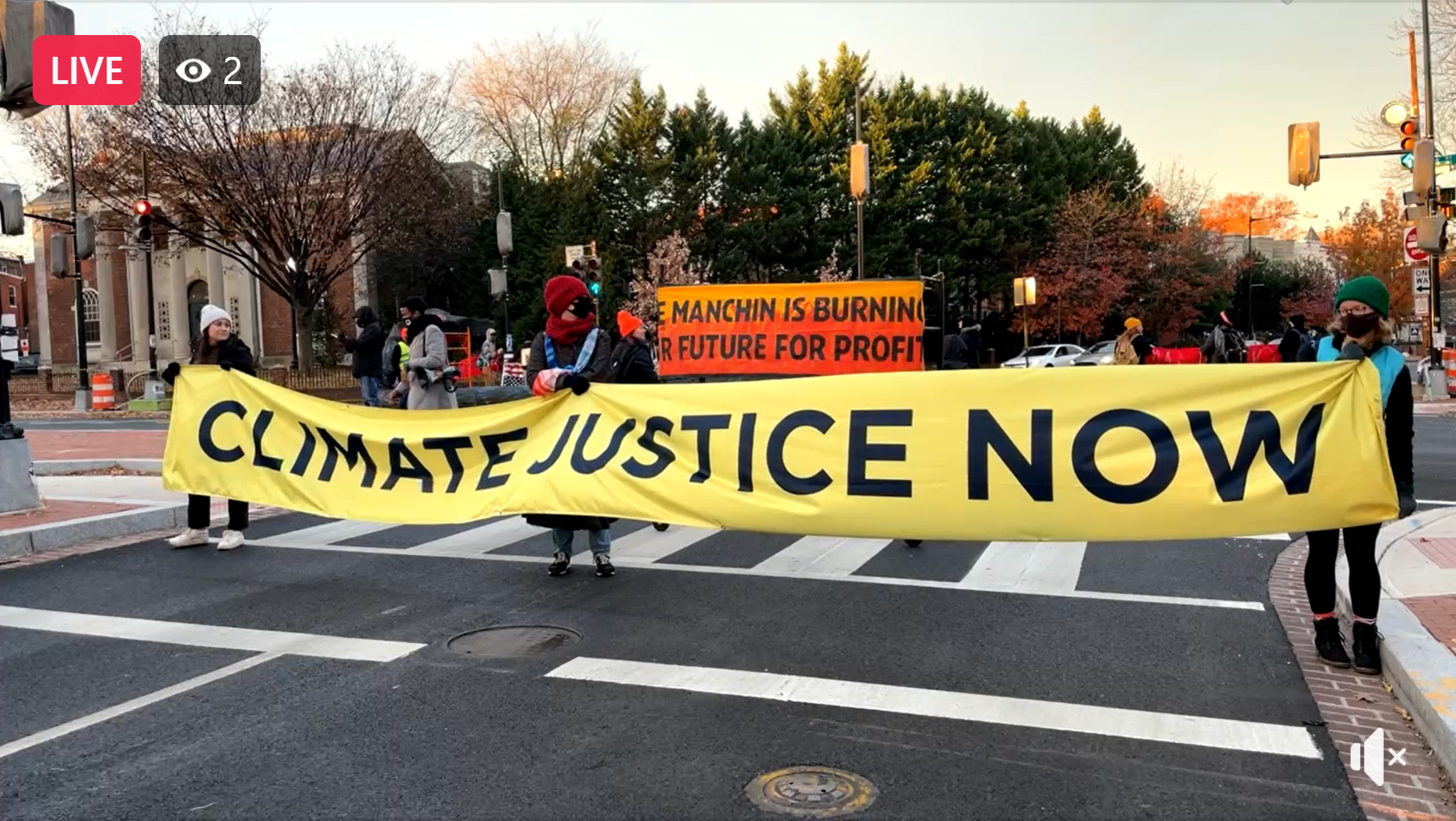After a novel survey of dying trees in 2021, volunteers systematically rescued huge swaths of urban forest plagued by English Ivy and other invasive vines. Results: More than 80% of dying trees saved, creating a model for cities nationwide.
TAKOMA PARK, MD – Using a first-of-its-kind system pioneered here in 2021, hundreds of volunteers in Takoma Park, Maryland have systematically rescued more than 4,000 trees previously identified as dying from invasive vines such as English ivy. Meeting on Saturday mornings for just over a year and equipped with simple garden clippers and pruning saws, the volunteers have now saved 80% of the infested trees in this city of 18,000 people, creating a blueprint for communities nationwide.
According to a report released today by the Chesapeake Climate Action Network (CCAN), the 4,000th tree – a 75-year-old red oak – was rescued by volunteers on June 30th. Now, in a city where dying trees were once a common sight on both public and private land, it is rare to see any trees choking from such killers as English ivy, Wintercreeper, Porcelainberry, Oriental bittersweet, Chinese wisteria, and others.
“It’s not an exaggeration to say this city has been transformed,” said Mike Tidwell, CCAN executive director and a resident of Takoma Park. “We had dying trees everywhere – downtown, on playgrounds, around city hall. Now it’s hard to find such trees. That’s good for homeowners, for public health, for local ecosystems, and for the global climate.”
Two steps were key to this success, according to the report released today. First, CCAN commissioned a trained invasive plant specialist to walk and visually survey all 36 miles of streets and roads in the city during wintertime, when many evergreen vines are starkly visible. Five thousand mature trees – from age 20 to more than a century – were determined likely to die within 5-7 years without action. As a second step – using this data and the recorded tree locations – volunteers then set out block-by-block and park-by-park to safely cut, clip, and saw vines.
According to an extensive internet search, no baseline survey of dying trees like the one undertaken in Takoma Park had ever been done before in the United States. This simple walking survey, using a smartphone to record the location of every infested tree, gave volunteers a sense of the scale of the problem and gave them a way to chart progress. Just over a year later, only about 1,000 infested trees remain, mostly on private land where permission to access has not yet been granted. Efforts are ongoing to rescue these remaining trees.
For more information, visit the CCAN page on Invasive Plants and Climate Change. It includes links to the report itself and video of volunteers saving the 4,000th tree.
BACKGROUND
Trees are one of our best solutions for combating climate change by sequestering carbon dioxide. They also provide countless other benefits to people and wildlife, including helping to filter air and water, controlling stormwater, and providing wildlife habitat. They reduce noise and provide places to recreate while strengthening social cohesion, spurring community revitalization, and adding economic value to communities. Trees also add significant value for homeowners: mature trees can add 7 to 19 percent to a home’s value, and can reduce heating and cooling costs by up to 50%. Yet dead trees can cost thousands of dollars to remove. Non-native, invasive vines pose a significant threat to trees.
With this in mind, in February 2021, CCAN commissioned what may be the first assessment of its kind in the nation. The startling results in a small city known to highly value its tree canopy likely signals that the scale of invasive vine destruction in similar towns nationwide is far beyond previous assumptions. The study also identified relatively low-resource, commonsense solutions to the problem. Many of the trees in the survey can be saved in 10-15 minutes by volunteers using common garden clippers and pruning saws.
Upon release of the assessment, CCAN began hosting volunteer events on Saturday mornings. Since April of 2021, CCAN has engaged 334 volunteers, including 191 unique volunteers. The majority of events were group activities where volunteers would remove invasive vines in predetermined areas, primarily local parks and public areas. Volunteers also visited 571 of the 840 (68%) homes where threatened trees had been identified. Contact was made with a resident at 262 (46% of 571) homes and of the homes where contact was made, 194 of those (75% of 262) agreed to let volunteers and staff remove invasive vines. When homeowners weren’t home, volunteers left an informational flier with contact information. For those homeowners who then reached out to CCAN, a core group of dedicated volunteers then made follow-up house calls to remove vines from trees. This seemingly high response rate indicates that homeowners are willing to take action when made aware of the threat to their trees. Most of the trees saved (2342 or 46%) were on public property, the majority of which was parks. The remainder (1671 or 33%) was on private property, the major part of which was single-family homes. CCAN worked closely with Montgomery Parks’ Weed Warrior program to reach 4000 trees saved. The Weed Warrior program helped direct volunteers to CCAN-led events and provided trained – and trainee – Weed Warriors who provided assistance during events. Of the trees freed in Takoma Park, 1706 were on Montgomery Parks’ property.
The Takoma Tree Saver program has clearly inspired people both within Takoma Park and around the region. In Takoma Park, it appears to have struck a chord with the public. The work of CCAN’s volunteers is obvious around town, as evidenced by dying vines, and appears to be catching on – there are signs that people are undertaking vine cutting on their own outside of the program.
The program has received numerous inquiries from people and organizations wanting to adopt CCAN’s model or simply learn from its experiences. CCAN staff have presented to multiple organizations and consulted with various groups throughout the region. Staff are currently preparing to train at least two community groups in nearby jurisdictions.
It is obvious that people’s participation in this relatively simple climate action energizes and empowers them, and they are transferring this enthusiasm to others. It appears to be successful because, primarily, it is a tangible climate action that people can take relatively simply. People can see the results of their labor, it is tactile, and it engages people in saving their beloved urban forest.
# # #
Chesapeake Climate Action Network is the first grassroots organization dedicated exclusively to raising awareness about the impacts and solutions associated with global warming in the Chesapeake Bay region. Founded in 2002, CCAN has been at the center of the fight for clean energy and wise climate policy in Maryland, Virginia, and Washington, DC. For more information, visit www.chesapeakeclimate.org



